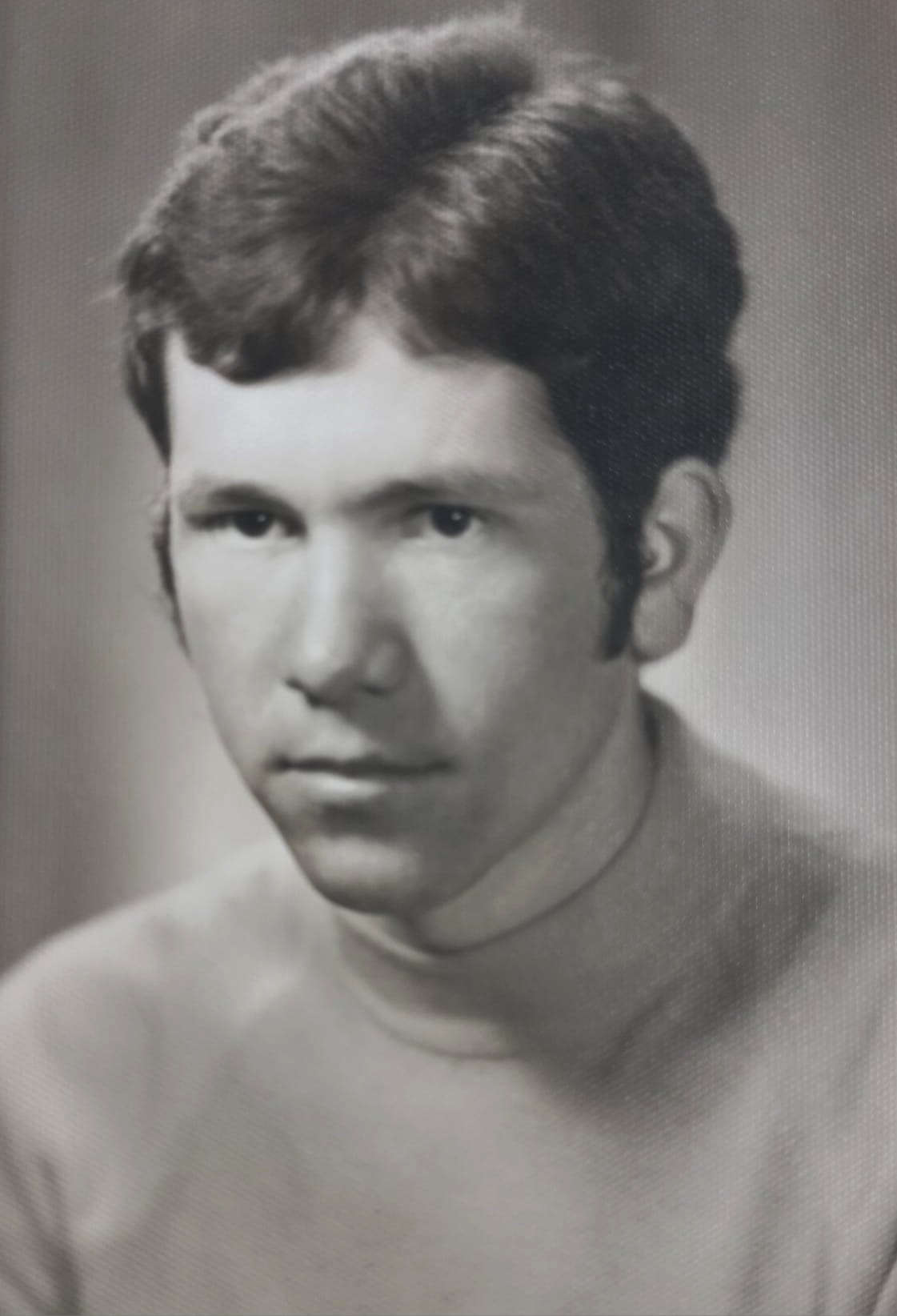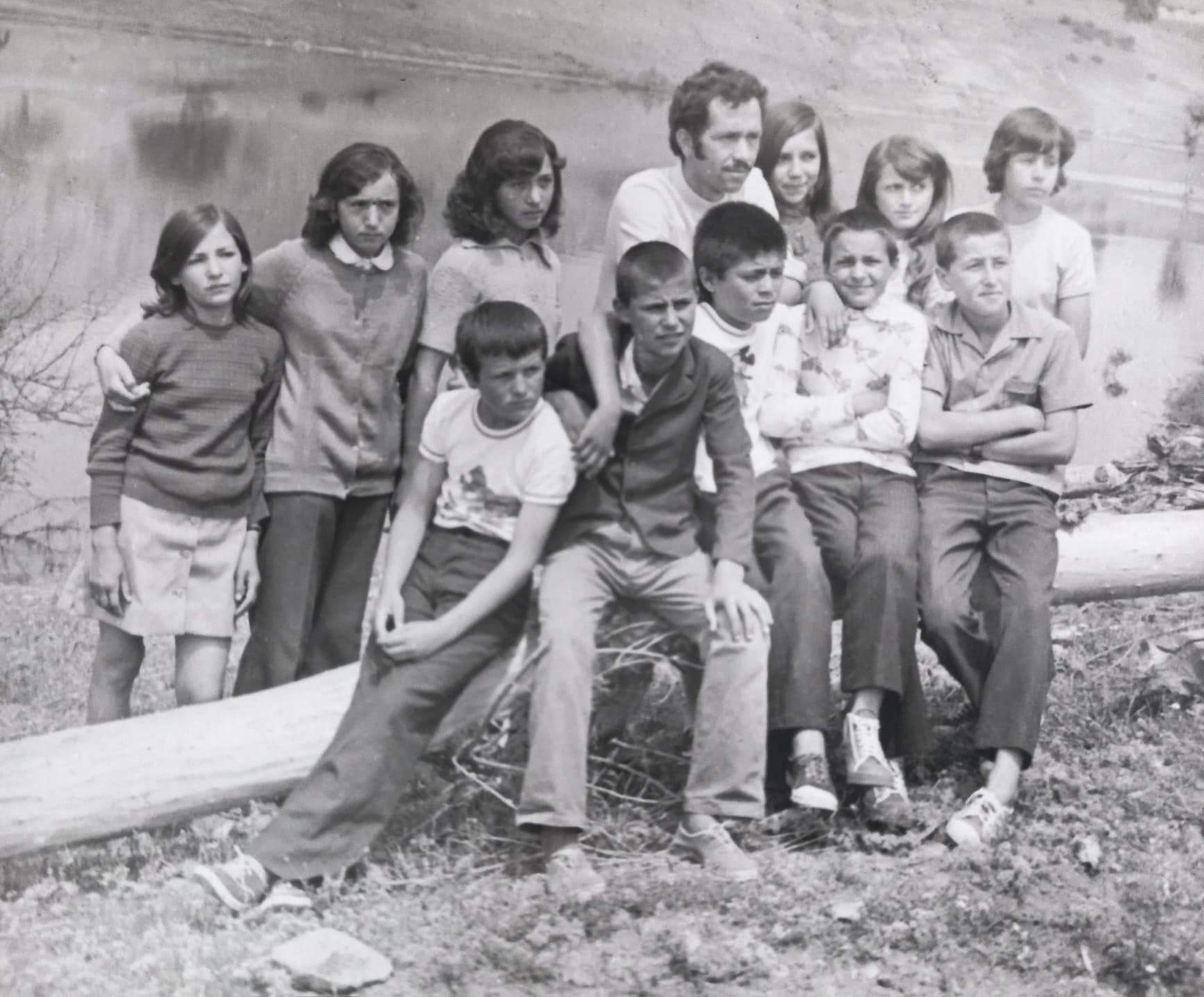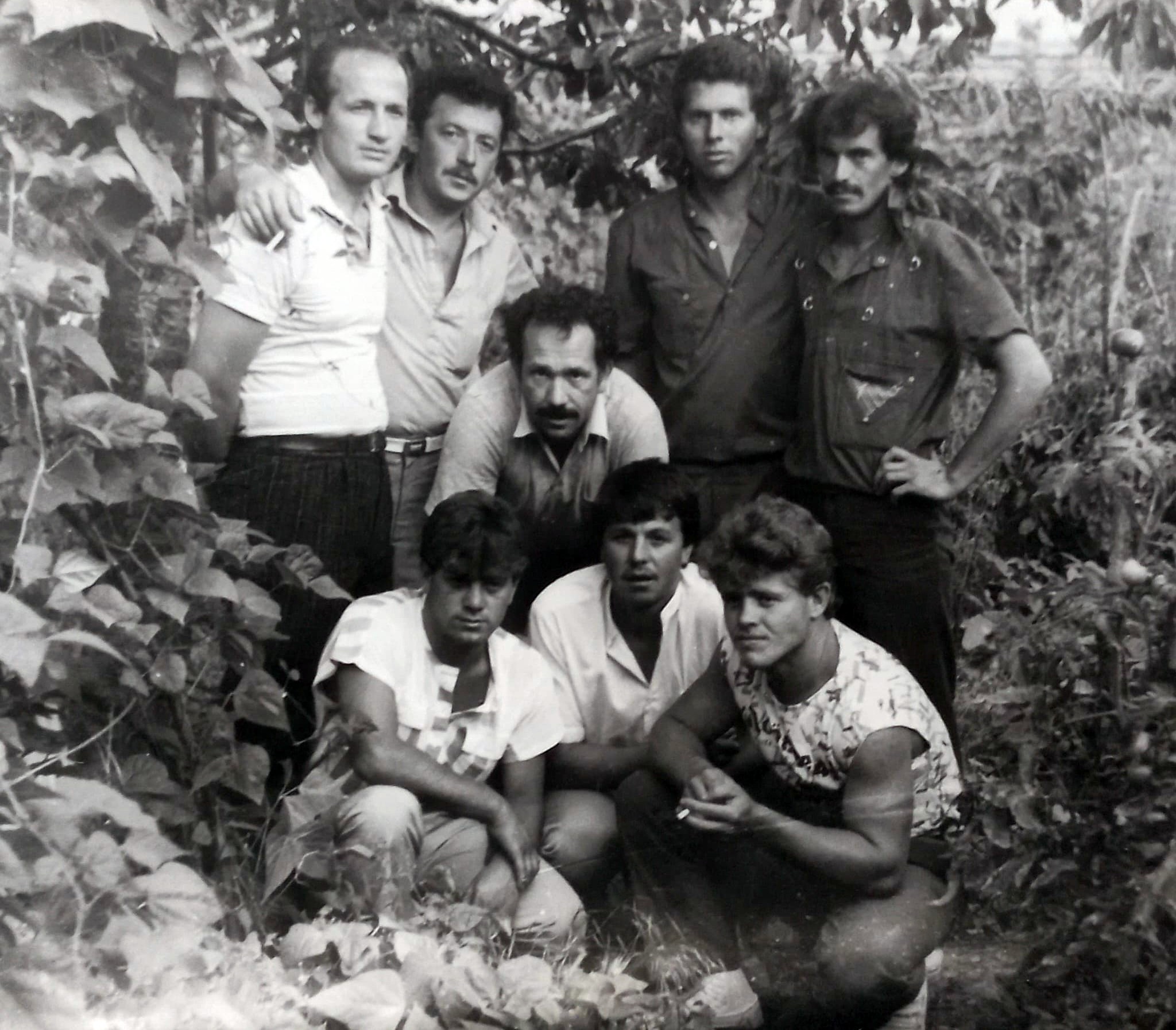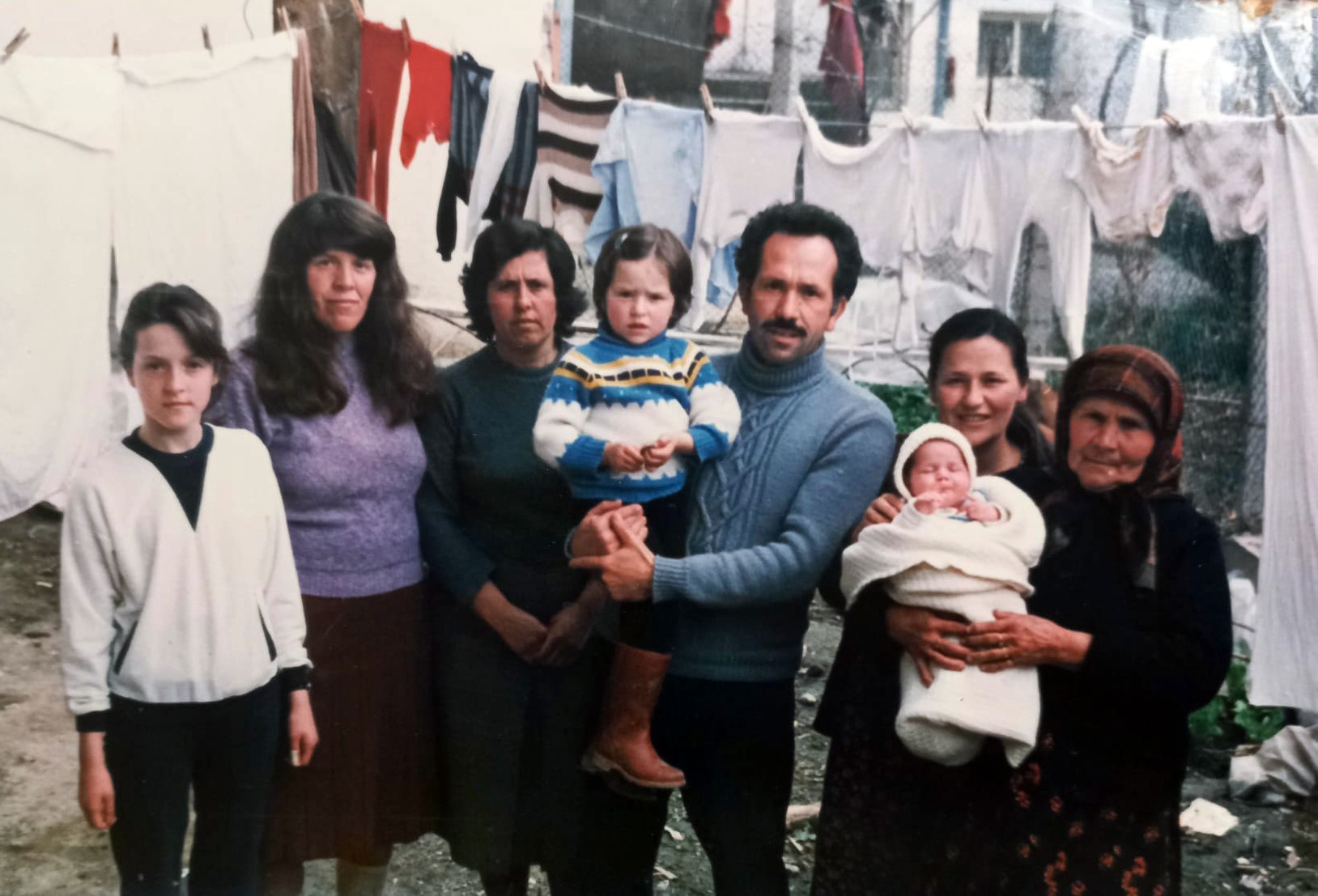Four years in camps and in forced resettlement
Offence: disagreement with the change of Turkish names to Bulgarian

For a person to have been sent to the Belene camp or to have been through it, for a Turk this was a matter of honor, a matter of pride.
Mehmed Türker is a Bulgarian citizen of Turkish descent, born on May 20, 1950, in the village of Sindeltsi near Kardzhali. He comes from a farming family. His father was a religious figure. Mehmed’s childhood was marked by severe poverty. Out of two brothers and three sisters, he was the only one to complete university education.
Mehmed completed high school in 1968, but he wasn’t admitted to university immediately. He began work as a teacher in the village of Atalan, but soon after he received his summons for compulsory military service. Due to a health issue, he was exempted from military service.
Mehmed completed a degree in Turkish language and literature at the Faculty for Western Languages of Sofia University. After graduation he worked as a geography teacher in different villages in the Kardzhali region. He published articles and stories in Turkish and Bulgarian in various newspapers and magazines, signing his birth name - Mehmed Halilov.
At the end of 1984, during the forced assimilation campaign against the Turkish minority in Bulgaria, Mehmed was arrested because of his objections to government policy. He was sent to the Belene camp where he spent 485 days. After that, he was detained at the Bobovdol prison for another year. In 1987 he was released but forcibly resettled to the village of Dragovishtina near Kyustendil.
In May 1989, together with his family, he was expelled from Bulgaria first to Viena, Austria, and then to Turkey, where he arrived on 31 May on a flight organized by the Turkish authorities. After his arrival he began work as a journalist for the Türkiye Gazetesi newspaper where he worked for a decade. He was also a contributor for the Ekovitrin magazine and the Ekovizyon show on Chanel 7.
Mehmed published a series of articles about his experiences in the camp and prison, and later he published his book, Oppression in the Circle of Fire – Belene.
Mehmed Türker is the author of many books – autobiographical, books of criticism and fiction. Among them stand out Zulmün Ateş Çemberi – Belene (2002), Gölgedeki Kahraman (2003) and others.
In his book Belene Adası Mehmed describes the ordeals of the Turks who were sent to the Belene camp during the repressions against the minorities at the end of the 20th century. This piece is based on his own experience, having spent almost four years in a camp and in exile.
In 2008 Mehmed became the editor-in-chief of the Rumeli magazine, published by Koşukavak Turizm, which was published until 2020. After that he turned to documentary filmmaking, creating the films The Inextinguishable Torch – Nuri Turgut Adalı and The Restless Pen – Ömer Osman Erendoruk.
The life and work of Mehmed Türker are symbols of the resistance of the Turkish minority in Bulgaria against the assimilation policies and of the struggle to preserve their cultural and ethnic identity.
... the most important aspect was that they attacked our national feelings. For me personally, they hardest thing was waiting for the news that my wife had given birth, for the birth of my first child.



4 years and 4 months in labor camps
Offense: anarchist
9 months under arrest and in a camp
Offense: son of a provincial governor in the Kingdom of Bulgaria
42 days in the Sunny Beach camp near Lovech
Offense: "hooligan", son of a member of the opposition
9 months under arrest and in a camp
Offense: an attempt to escape from Bulgaria
2.5 years under arrest and in a camp
Offense: participant in the anti-communist resistance
3 years under arrest, in a camp and prisons Offense: Agrarian, member of the opposition
3 years and 1 month under arrest and in and political prison
Offense: participant in the anti-communist resistance
In 1961, Zheko was sentenced to death for resistance to the communist authorities. Subsequently, his sentence was changed to lengthy imprisonment.
In 1964, Zheko Stoyanov received an amnesty and was released from the Stara Zagora prison. In order to earn his living, he did hard manual labor, working as a porter, a painter on construction sites, and a miner. For twenty-two years he worked in underground mines.
After the democratic transition of 1989, Zheko Stoyanov entered politics and in 1997 he was elected a member of parliament for the United Democratic Forces. At the age of sixty, he completed a degree in economics.
2 years and 8 months under arrest and in political prison
Offense: dissemination of anti-communist leaflets
After 1958, Alfred was granted the right to travel to Bulgaria, where he spent his summer holidays. There he got to know the new reality of the country and met other like-minded individuals who were dissatisfied with the regime and with whom, in 1968, he distributed printed leaflets against the Communist Party.
Arrested on August 28, 1968, for the distribution of these leaflets, Alfred was sentenced as a spy to fifteen years in prison, of which he served three in the Stara Zagora prison. Following diplomatic pressure, he was released on April 30, 1971, and left Bulgaria. He later returned to illegally take his beloved out of the country, succeeding through a complex and risky plan.
After settling in France, Alfred actively collaborated with groups fighting for human rights in Bulgaria and helped illegally take other political prisoners out of the country. He currently lives in Sofia.
Four years in camps and in forced resettlement
Offence: disagreement with the change of Turkish names to Bulgarian




